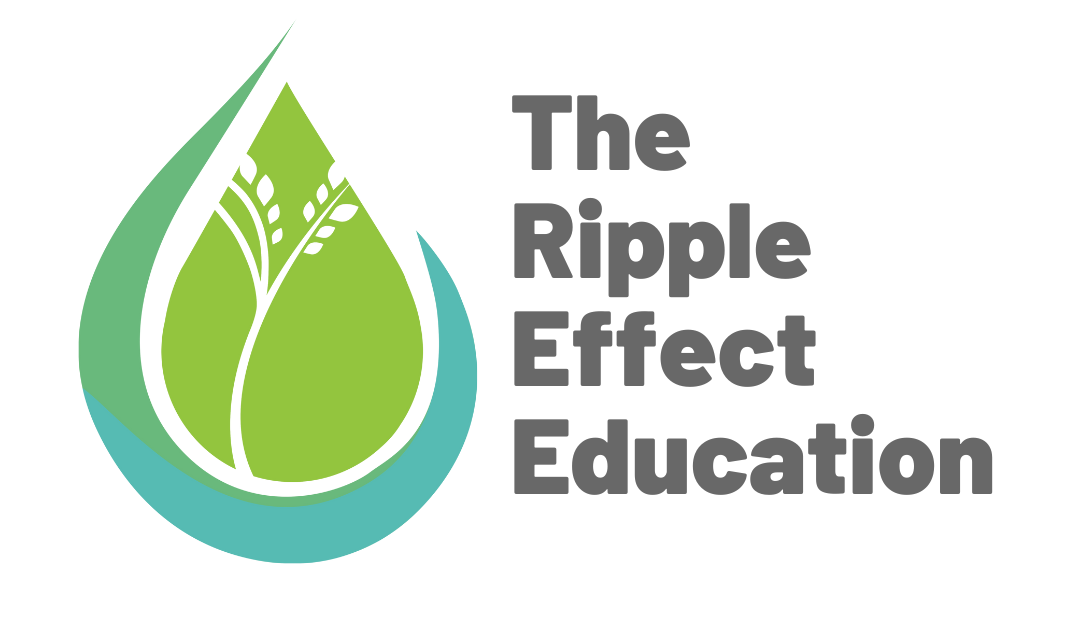I can count the number of times I’ve sat in silence with someone, building up the courage to begin a tough conversation. It takes me a few minutes to commit to the conversation, knowing I want to share how I’m feeling and ask them what’s going on for them. In tough conversations, it often takes time for me to think about what I want to say and just exactly how I want to say it.
Sometimes, we know we want to make things better and address the conflict, but we don’t know how to start. Perhaps we don’t start because we “don’t want to make anything worse,” or we’re afraid of what the other person will think about us. Perhaps we know that engaging in tough conversations demands a lot of our energy and vulnerability, and we’re already exhausted. But we also know that when we don’t address issues, the hurt and resentment we’re feeling can fester and grow. When we want to address a conflict, one of the most courageous things we can do is simply begin.
Things to Consider
When we’re engaging in a tough conversation, it’s important to consider:
- Our Approach: When I’m entering a challenging conversation, it’s important to ask myself, why am I starting this conversation? Do I want to win or prove I’m right? Or do I want to understand this person better? When we acknowledge we’re approaching a conversation with the goal of understanding, it can help us stay in a space of curiosity and non-judgement when we’re feeling defensive.
- Our Tone: Our tone can change the meaning of the questions we ask in a conflict situation. When our tone is curious and compassionate, it can help us align our words with our approach.
- Our Position: It’s important to ask, Who holds power in this situation? The power we hold, like a role, race, age, gender, and so forth, can change the ways we approach the conversation to make sure we acknowledge and balance power wherever we can.
- Our Language: We may choose different language, depending on the context of the conversation. With a close friend, I’m more likely to ask, How does that feel for you? Whereas in a professional setting, I might shift that to, How does that land for you? Doing so invites similar reflections within the context of the conversation.
Six Prompts to Begin Tough Conversations
- Asking to talk: Do you have a few minutes to talk about this?
- Sharing your intentions: I’m hoping that by talking about this we can understand each other better.
- When you’re sharing how they’ve made you feel: I feel _____ when_____.
- When you’re following up on a conversation: Yesterday, we started talking about_______. I’m wondering where you’re at with this.
- When it’s a recurring issue: I’ve noticed ___. Can you tell me more about that?
- When you want to address it, but need to prepare: Hey, I’d really like to talk about this. Do you have some time tomorrow to talk?
How do you begin tough conversations? Tell us in the comments!
Cover photo by Zen Chung from Pexels
 Katie Gingerich is the founder and director of TREE, and is an active participant of the Kindred Credit Union Centre for Peace Advancement. Since 2012, she has developed peace education programs for camps, community groups, and classrooms, and is passionate about giving youth the tools they need to transform conflict and seek justice.
Katie Gingerich is the founder and director of TREE, and is an active participant of the Kindred Credit Union Centre for Peace Advancement. Since 2012, she has developed peace education programs for camps, community groups, and classrooms, and is passionate about giving youth the tools they need to transform conflict and seek justice.


